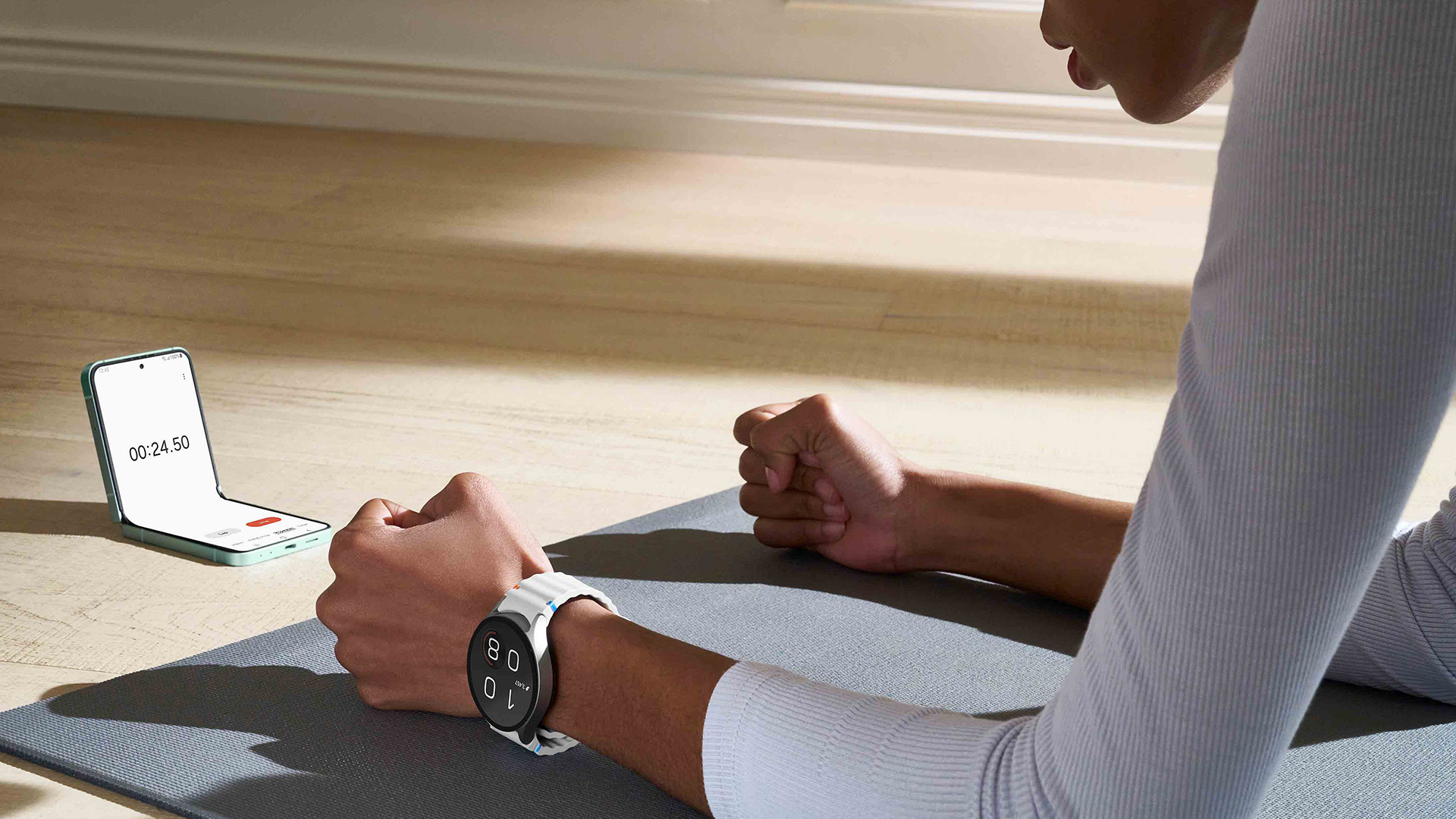Samsung has kicked off 2025 with a bold statement: its wearables are not just accessories but central to a connected and healthier lifestyle.
as transformative devices in health tracking, seamlessly integrated with the Samsung Health platform.
“We believe that wearable technology should adapt to the user, not the other way around,” said Hon Pak, SVP and Head of the Digital Health Team at Samsung Electronics. “Our innovations in the Galaxy Watch, Galaxy Ring, and Samsung Health represent our commitment to making health management effortless and accessible for everyone.”
updates introduce enhanced AI-powered tools for more accurate health tracking, including improved heart rate monitoring, advanced sleep analytics, and real-time stress management.
One standout feature is the integration of Edge AI, which processes data locally on the watch itself. This ensures faster insights while keeping sensitive health data private.
The Galaxy Watch now also syncs seamlessly with SmartThings, allowing your watch to communicate with other devices to create a truly connected ecosystem. For example, your watch can dim your lights or adjust your thermostat when it detects you’ve fallen asleep.
The company’s smart ring is part of this new ecosystem, too. Smaller and lighter than a smartwatch, the Galaxy Ring focuses exclusively on health metrics, offering detailed insights into heart rate variability, blood oxygen levels, and even body temperature trends.
Naturally, it integrates seamlessly with Samsung Health, delivering personalised recommendations based on your daily patterns.

Mr Pak highlighted the Galaxy Ring’s role in personalising health management: “The Galaxy Ring is designed to offer a new level of comfort and precision, ensuring users can track their health effortlessly. It’s a step forward in making wearable technology even more intuitive and accessible.”
At the core of Samsung’s wearable strategy is Samsung Health, which has received significant updates to become an even more powerful health management platform. The app now offers features such as Symptom Radar (similar to Oura’s feature with the same name), enhanced sleep coaching and integrated nutrition tracking.
“Samsung Health is not just an app; it’s a gateway to understanding and improving your overall well-being,” said Pak. “By combining AI insights with our wearable devices, we aim to empower users with tools to take control of their health in meaningful ways.” Samsung Health also supports partnerships with third-party platforms, such as Dexcom, for continuous glucose monitoring.
Wearable technology has undergone a significant transformation over the years, evolving from basic fitness trackers to sophisticated health companions. Brands like Samsung are leading this shift, emphasising all-encompassing health monitoring instead of just tracking steps and calories.
.


Post a Comment
0Comments